The reason for establishing the Next Era initiative is clear: everyone seems to agree we are on the verge of a large transformation, yet surprisingly few ask “where do we want to go?” What kinds of jobs and income do we want? What is the future for democracy and self-organisation? What role does growth play?
In the coming decades, mankind is likely to create unprecedented amounts of wealth. However, we risk displacing large groups of people and putting our planet’s capacity to sustain life in jeopardy.
With the Next Era project, we are aiming to build an understanding of current societal transformations and of how to create a fair society.
The Next Era is bringing together people, projects, and organisations through a series of global workshops throughout 2017. The workshops are timed to coincide with research papers on the topics.
- Helsinki, Finland – “From Pause to Play – Work and income in the next era” paper launch, 12 January 2017
- San Francisco, USA – The Future of Work and Income workshop, 19 January 2017
- San Francisco, USA – Meetup, 28 February 2017
- Helsinki, Finland, – “From the trials of democracy towards future participation” paper launch, 21 March 2017
- London, UK – A new vision for democracy workshop, 29 March 2017
- Tokyo, Japan – A New Vision for Societal Progress, 31 May 2017
- Helsinki, Finland – “Rewiring progress” paper launch, 7 June 2017
- Visby, Sweden – A New Vision for Societal Progress workshop, 4 July 2017
- Trondheim, Norway – Augmenting Democracy workshop, 14 September 2017
In each workshop, between 30 and 45 specialists in the given topic work on the themes and identify emerging ideas for an open and forward-looking society, examine relevant connections between them and seek ways to further improve them.
The Next Era task group
The objective of the Next Era task group is to participate in creating a new progressive societal vision that seeks to reconcile human well-being with the ecological boundaries of the planet.
The main task of the group is to help Sitra and Demos Helsinki define the key ingredients for the vision on sustainable well-being – guaranteeing its global relevance for the challenges facing us in the 21st century.
The Next Era Task Group consists of the following experts:
- Eeva Luhtakallio, Assistant professor, Faculty of Social Sciences, University of Tampere, Finland
- Matthew Taylor, Chief Executive of RSA (Royal Society for the encouragement of Arts, Manufactures and Commerce), UK
- Tomas Björkman, Founder of Ekskäret Foundation, Sweden
- Tuija Talvitie, Executive Director of CMI (Crisis Management Initiative), Finland
- Chor Pharn Lee, Principal Strategist for Centre for Strategic Futures, Singapore
- Dino Patti Djalal, Founder of Foreign Policy Community of Indonesia.
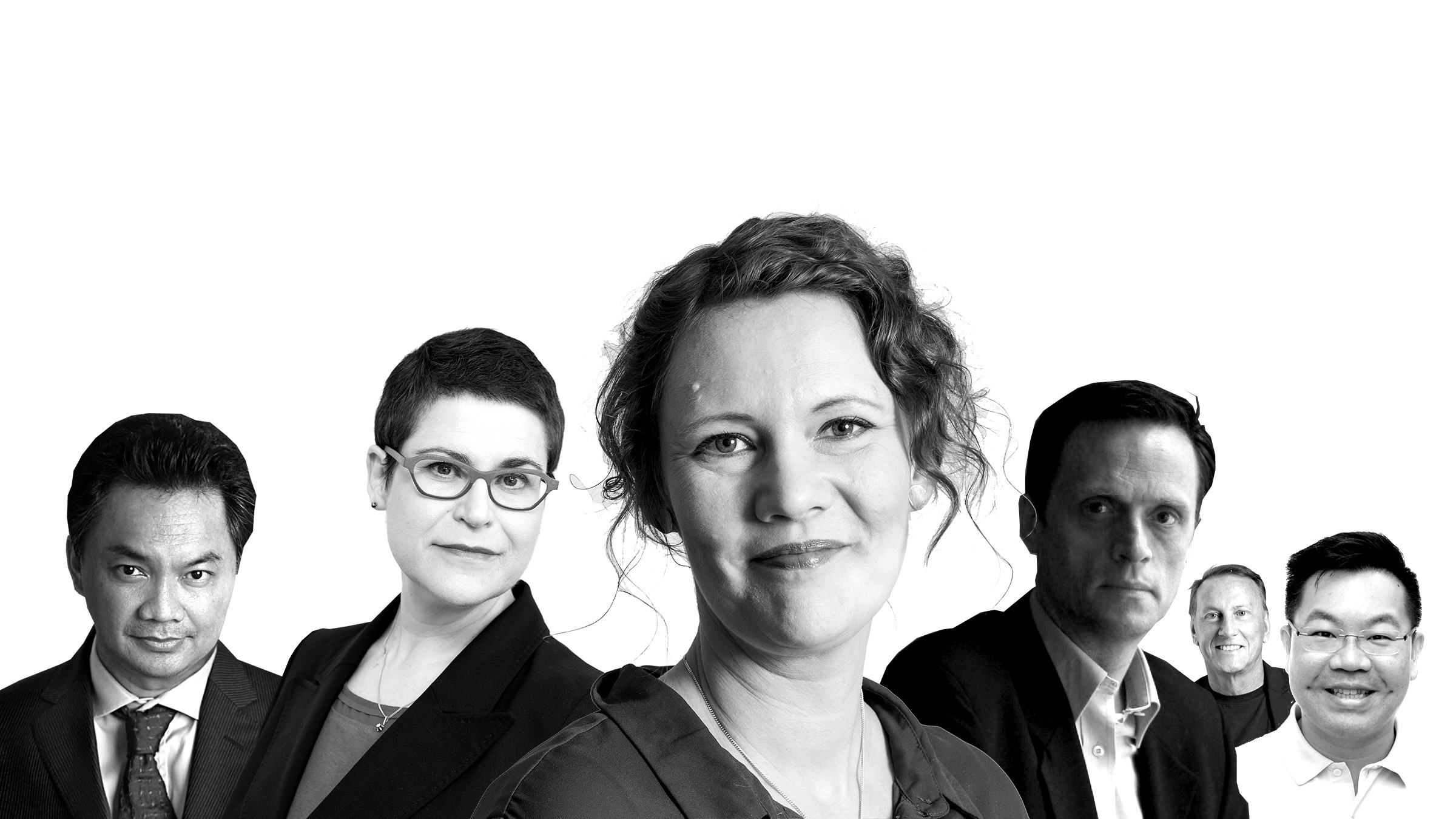
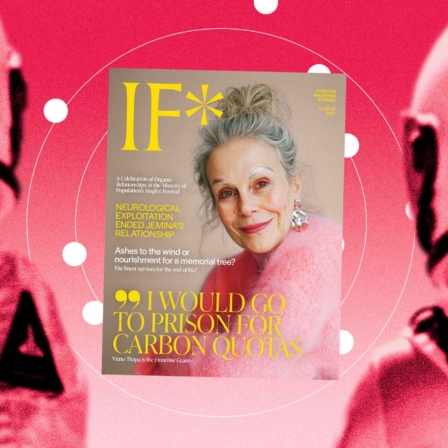
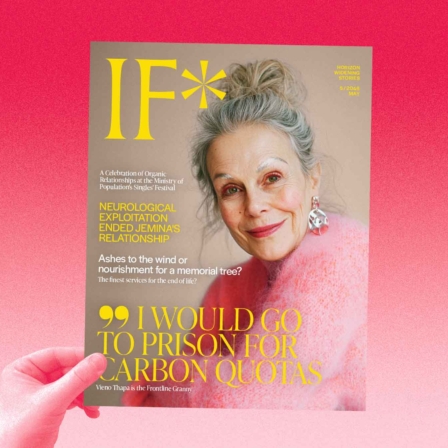
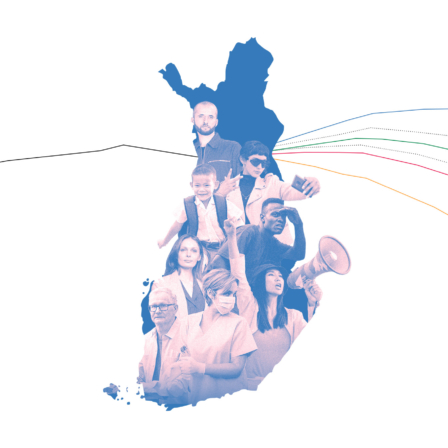
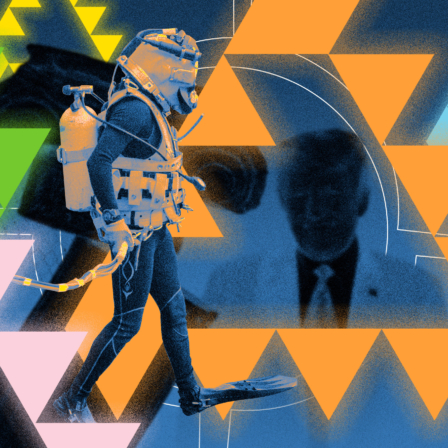
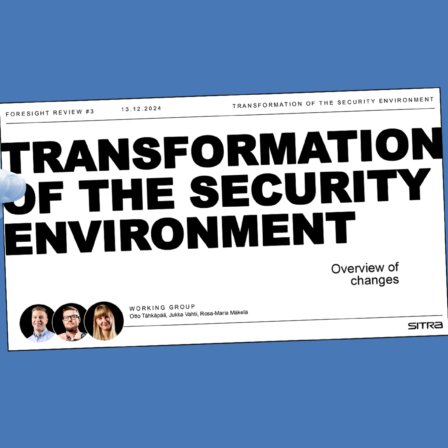








Recommended
Have some more.